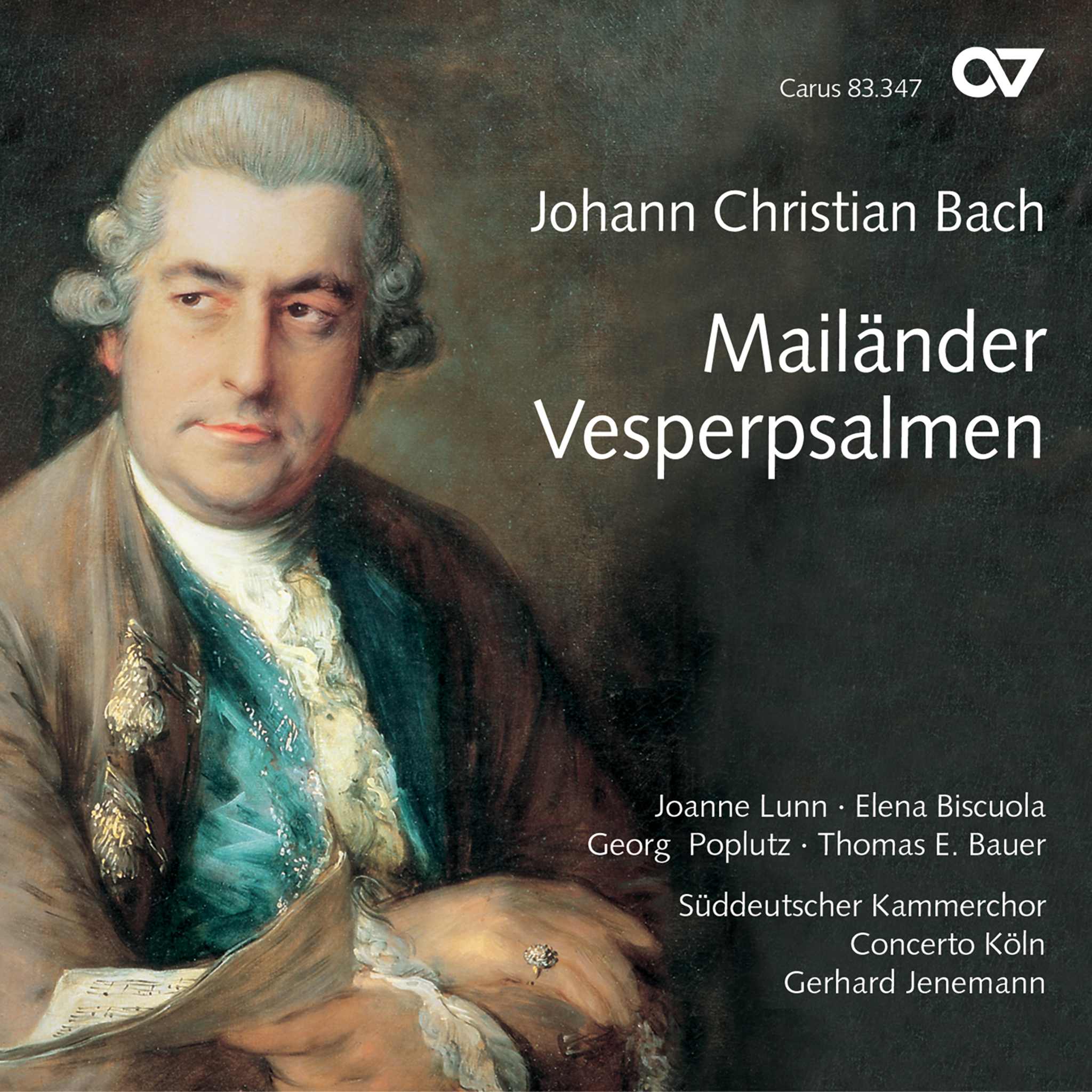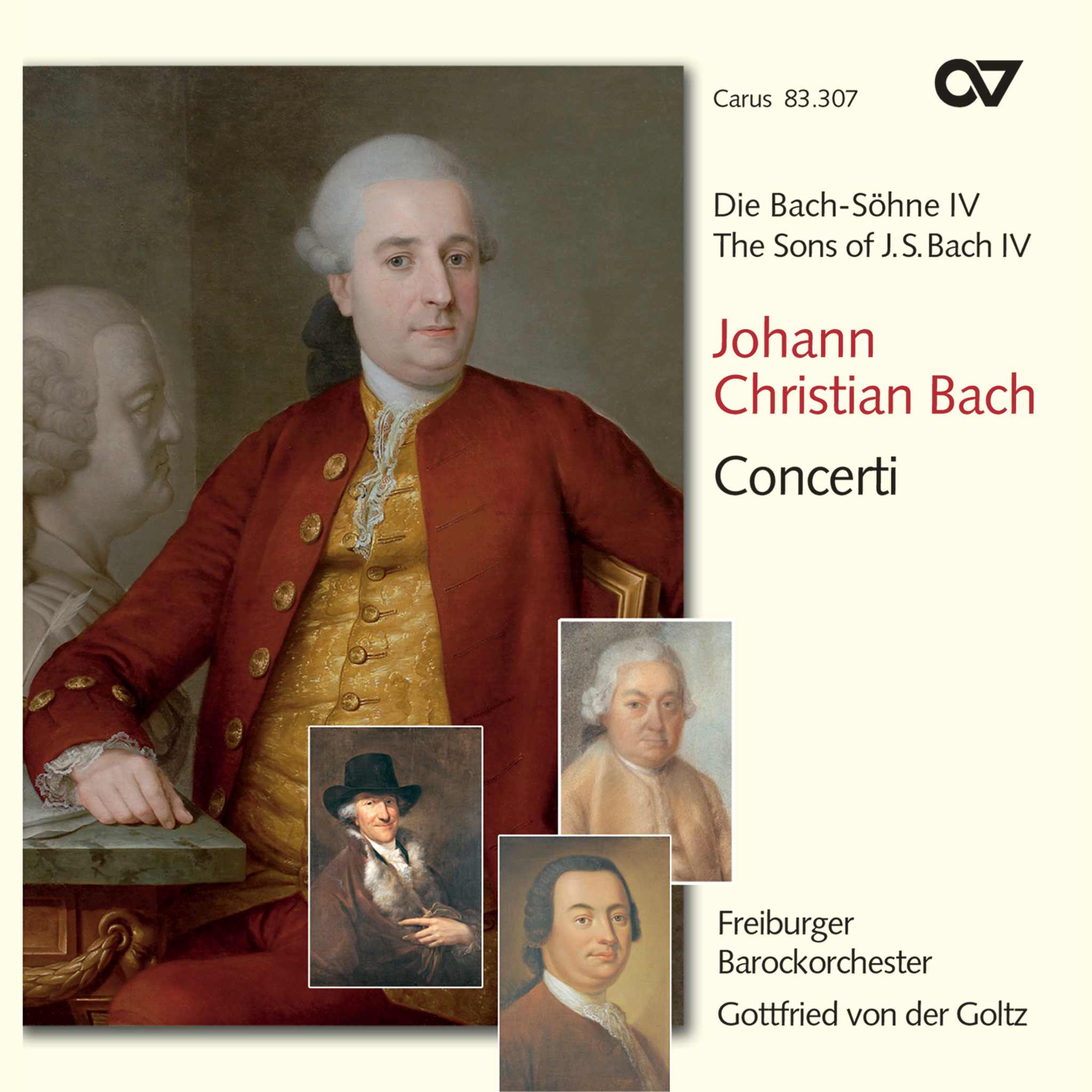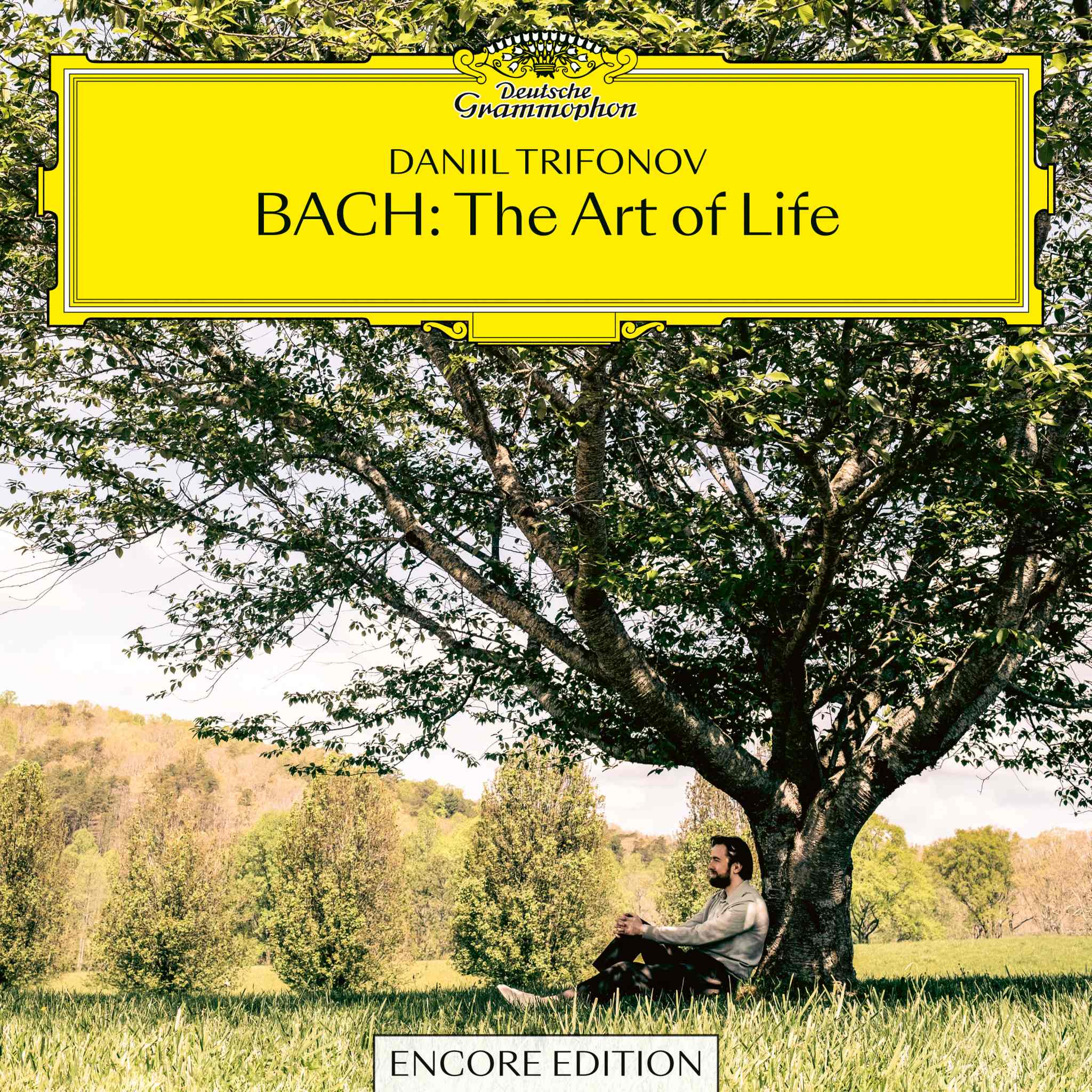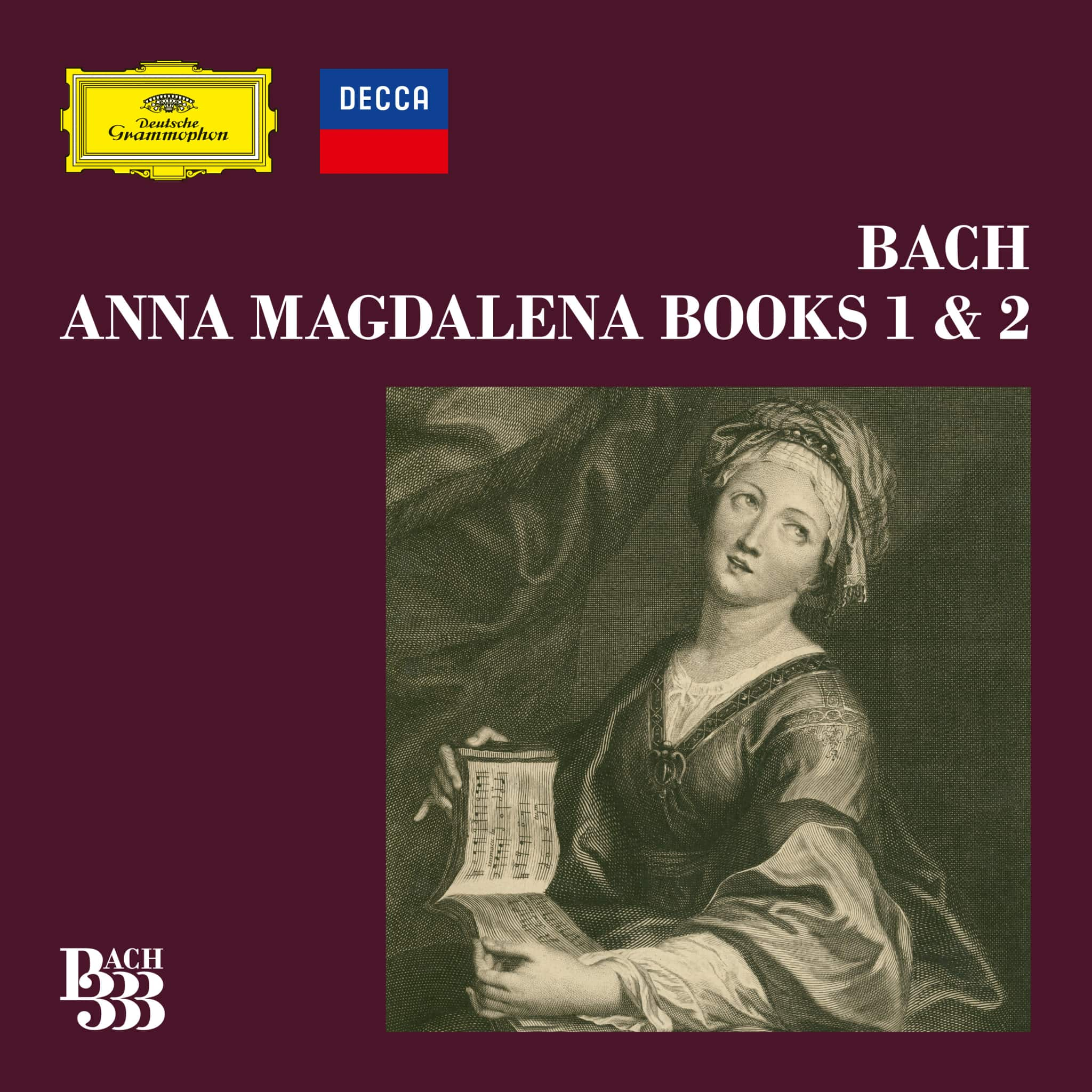Johann Christian Bach: The "English Bach"
Known as the "English Bach", Johann Christian Bach, the eleventh and youngest son of Johann Sebastian Bach, played a critical role in bringing classical music to the forefront. After his father's death when he was 15, he continued his musical education under his half-brother, Carl Philipp Emanuel Bach. Unlike his father, whose compositions defined the Baroque era, Johann Christian's music reflects the early Classical style, often noted for its elegance and melodic clarity.
Bach's Journey to Italy and England
Bach ventured to Italy in 1754, taking on the role of an organist at the Milan Cathedral, where he converted to Catholicism, breaking with his family's tradition. In 1762, Bach decided to move to London to craft operas for the King's Theatre. Here, he became a prominent figure in the city's musical life and was one of the first musicians to successfully assert copyright.
Bach's Influence and Legacy
Bach's encounter with young Mozart during the latter's visit to London in 1764, further cemented his legacy as a prominent music teacher and concert promoter. He played a pivotal role in welcoming and mentoring the young Mozart. Bach was associated with the Mannheim school of composers and was a successful promoter of concerts, notably excelling in the Sinfonia Concertante form.
Despite his initial success, changing musical tastes led to financial hardship later in life. Upon his death, he was buried in St Pancras Old Churchyard. Discover Bach's rich musical legacy that spans from his mastery of symphony to his speciality in Sinfonia Concertante on STAGE+.
Signature Works and Recordings
Bach's works have been recorded and interpreted by numerous artists and orchestras. Some notable recordings include "Bach: The Art of Life (Encore Edition)", "Bach: Anna Magdalena Notebooks, 1722 and 1725", "3 Bach Magnificats" showcasing works by J.S. Bach, J.C. Bach, and C.P.E. Bach, "Bachiana II – Music by the Bach Family: Concertos", and "English Classical Clarinet Concertos (English Orpheus 39)".













